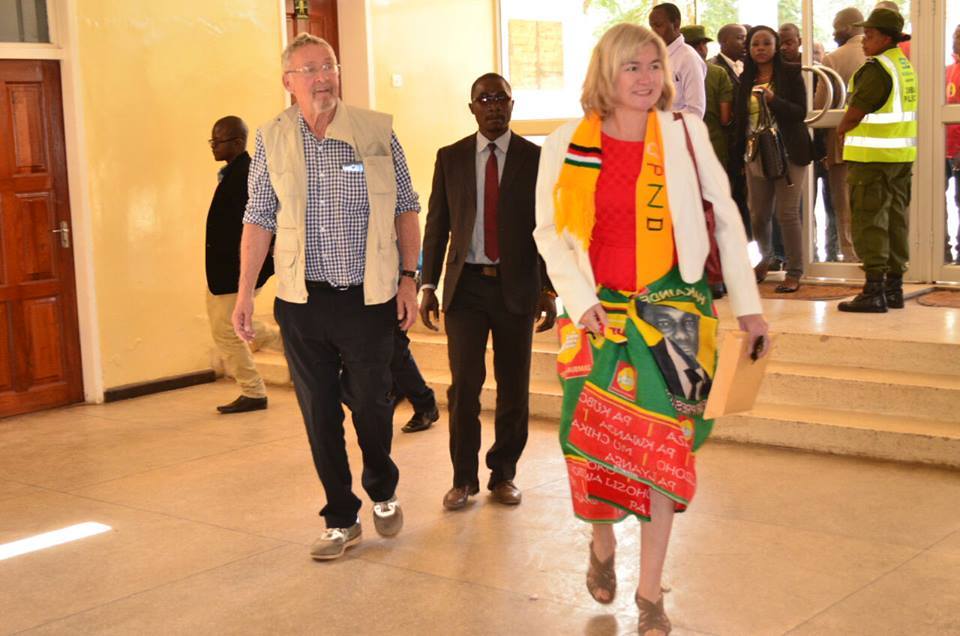STREETISM IN ZAMBIA; all you have to know
Notice: Undefined index: catFilterList in /home/zambi/public_html/wp-content/plugins/wp-likes/api.php on line 243

Jackson Mukuka Nawa
By Mukuka Jackson Nawa – Poet, Writer, Political commentator, Youth Activist, Good governance Activist
Definition +260 95 5199447
STREET children are poor or homeless children who live on the streets of a city, town, or village. Homeless youth are often called street kids or street child ; the definition of street children is contested, but many practitioners and policymakers use UNICEF’s concept of boys and girls, aged under 18 years, for whom “the street” (including unoccupied dwellings and wasteland) has become home and/or their source of livelihood, and who are inadequately protected or supervised.
NOTE: In everyday speech, people may use lots of different words or terms. ‘Street children’ and ‘homeless children’ or homeless youth might be used interchangeably, but there are some differences.
Not all children who are homeless end up living in the open on the street. Many end up sleeping in very inappropriate but out of sight places – on the floors of friends or strangers, or sleeping in temporary accommodation like hostels.
For example, the homeless charity Shelter estimated in 2018 that as many as 9, 500 UK children have spent their Christmas in a hostel or other temporary accommodation, often with one family in a single room, sharing bathrooms and kitchens with other residents who they don’t know or trust.
Conversely, not all children who can be described as ‘street children’ are necessarily homeless. They may work, play or spend their time on the street, but may go back to sleep with their family or parents.
We use the term ‘street children’ or ‘street-connected children’ to describe children who:
. Depend on the streets to live and / or work, either on their own, or with other children or family members; and
Have a strong connection to public spaces (e.g. streets, markets, parks, bus or train stations) and for whom the street plays a vital role in their everyday lives and identities.
This wider group includes children who do not live or work on the street but regularly accompany other children or family members in the streets.
In other words, ‘street children’ are children who depend on the streets for their survival – whether they live on the streets, work on the streets, have support networks on the streets, or a combination of the three.
Causes:
It is quiet a hustle to state clearly the causes of streetism in Zambia due to the fact that they vary from kid to kid and some causes, both natural and circumstantial may be overlooked hence not being accounted for in this write up, however, the following are the notable causes of streetism in Zambia;
Death of parents and/or guardians: Most street kids in the cities and towns turn out to be orphans, single or double orphans, some grew up as orphans and in die course lost their guardians.
It is a well known fact that property grabbing ia one of the detrimental yet ‘usual’ vice in Zambia due to the law-ignorant majority and whenever a guardian or parent passes on, especially a male parent, relatives of the deceased tend to ‘loot’ property without having a heart for the widow who is the victim in most cases and well as the children, hence leaving the bereived family in disarray and total destruction, resulting in the children being destitutes in society later in resorting to streetism as a means of survival.
Rejection due to traditional norms: certain children have been born in a harsh society with Norma that segregate them, though few face such, but we can’t spell out the fact that it is reality, there are children that are forsaken by their parents to some extent and family due to the societal norms and what they consider as taboos.
Children such as albinos and those born out of wedlock(extra marital affairs and from pre marital sexual affairs) are mostly seen as taboos and bad luck in some trade practices.
Poverty: Despite some children having a family and/or a shelter, they mostly spend time begging along the streets on their own or with a blind or handicapped member of the family, in Lusaka city, these can be seen along roads like kafue road near downtown(kamwala) and even in bus terminals like the intercity bus terminus.
Like the definition of street kid has been put above, not all street kids don’t have shelter, some have shelter yet depend on the street for survival.
Arguably, one may say inadequate shelter(escape homes or orphanages) has contributed partially to this vice, the available orphanages are not adequate enough to lessen the burden due to financial constraints, some orphanages if not most depend on aid from well wishers and donors and this leaves them in an inept state when the financers pull out or lower their donations.
General Nature of street kids in Zambia:
The appearance of street kids in our cities has been caused by
*The influx of people from rural areas To urban areas, Hence the population growth.
In the urban areas. Street kids live a care free life which is inscrutable because there is no parental care, Some street children are indomitable they Involve themselves in various activities such as dagga smoking,beer drinking and other vices, And this situation is immutable.
How can we solve or lessen this?
There are a number of possible solutions to minimize streetism and likely eradicate the problem for good, some models are correctional, some are rehabilitative and as we’ll learn, govt intervention too.
The correctional model is primarily used by govt and the police, since they view these children as a public nuisance and risk to security of the general public.The objective of this model would be to protect the public and help keep the kids away from a life of crime.
The methods this model uses uses to keep the children away from the life of crime are the juvenile system and specific institutions.
The rehabilitative model is supported by churches and NGOs the objective of this model is to rehabilitate children into mainstream society.
The seemingly unfortunate part is that in Zambia, we have seen the mushrooming of churches of Pentecostal nature, whose primary goal is to preach prosperity and not humanity, members of such congregations are eager to buy their preachers houses and vehicles yet can’t donate a penny to buy descent clothes or food for a child wailing with hunger along the street or under a bridge.
The mindset of the church goers has been twisted from being socialist to being private and confidential.
Political players have a huge role in the governing of this nation, there are eight nominated MPs in Parliament and these seats represent the less privileged, the women, the handicapped etc,
However, these positions are now used to ‘think’ those that helped x win an election, we don’t want to stretch our borders from streetism to politics in this chapter though, instead of preaching water yet drinking wine, streetism can’t end by merely going for sensitization walks and talking on TV and posting on Facebook.
We need a law in place to govern how the cake will be shared to the ‘outcasts’ too, we were thinking in the lines of an Act, which can be called the street kids’ Act or whatever the name, under such an act, the govt through local authorities can be compelled by provisions such as providing basic health Care once in a fortnight to street kids at designated points per area, using the same areas to provide clothes and shoes donated by well wishers as well as food that can be provided at least four days per week at points that can be designated.
The govt through help of other stake holders can see to ii that they create escape homes, which can be run the office of the religious minister, community development and the office of the VP all together, these homes can be built in every town and enable the children to access free education which can help them secure an obvious bright future not only through formal education but semiformal education too which involves technical acts like carpentry, power electrical and so on and so forth.
Crime has risen in town like Kitwe, Lusaka and Ndola due to the rising number of Street kids, these kids have not made an independent choice to be on the street, but circumstances that you the reader and we the writers have never and possibly will never face, they’re humans too and we shouldn’t just be debating on issues like the Bill10, whether or not to put Zambia in a total lockdown or even who should be FAZ president between Kamanga and Bwalya.
There is more we can do than discussing primitive issues.

Jackson Mukuka Nawa























